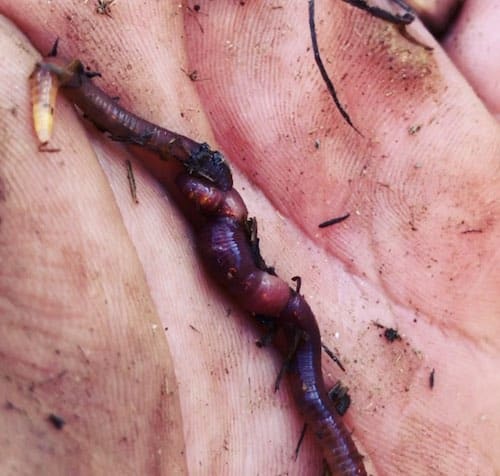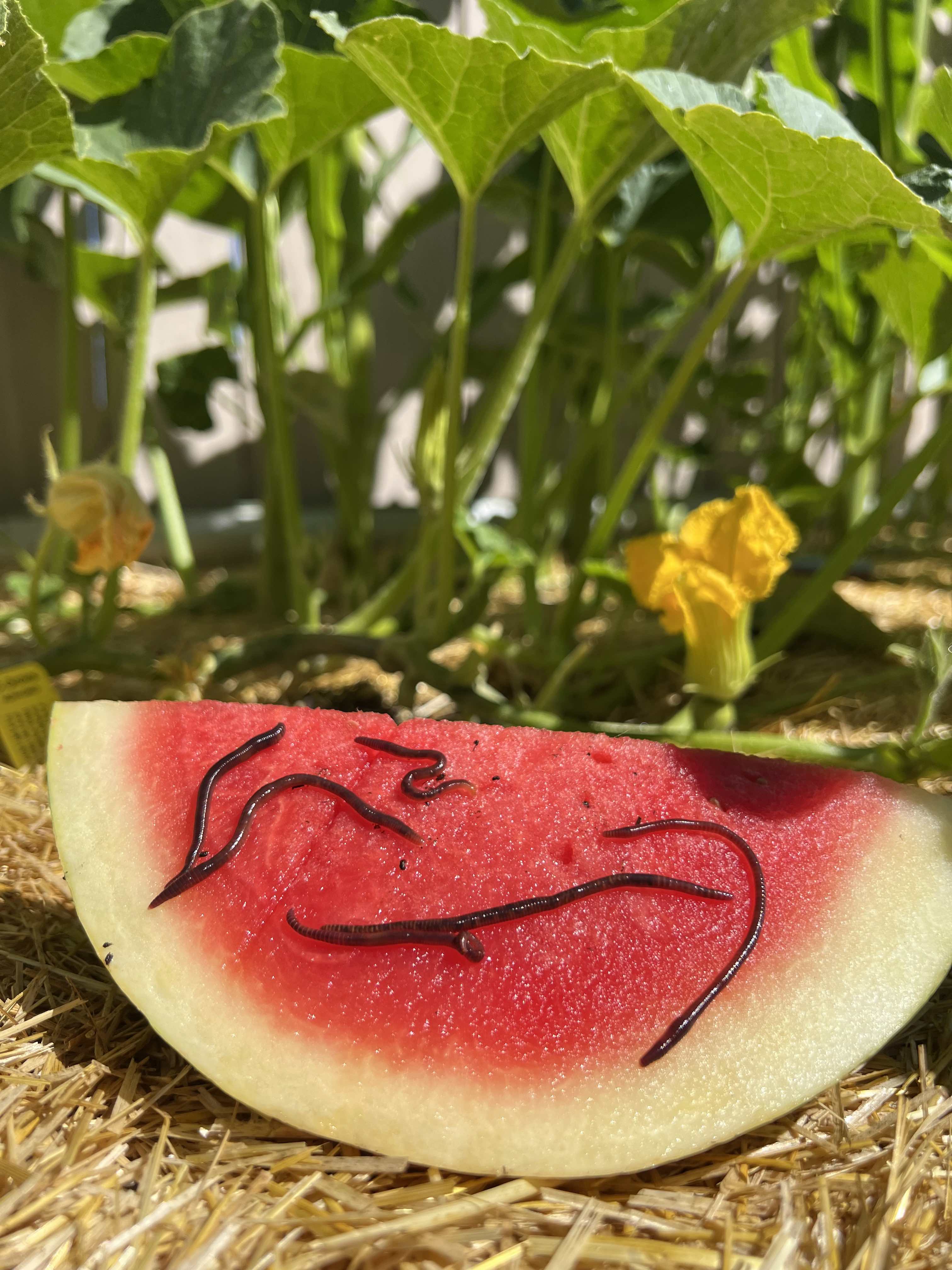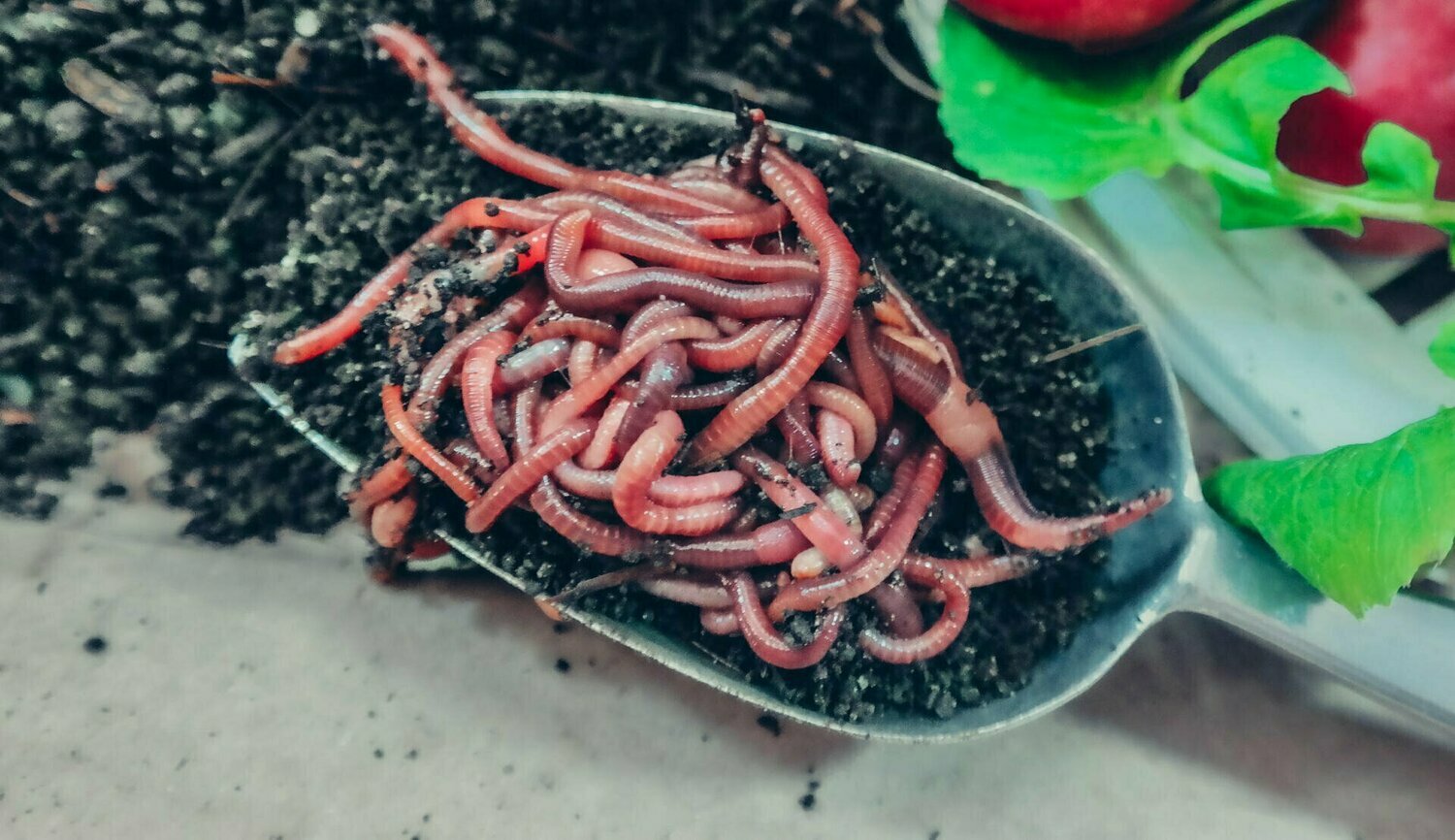Red Wiggler Worms - Natural Option for Environmentally Friendly Composting
Wiki Article
Red Wiggler Worms Demystified: Opening the Secrets of Vermiculture for Greener Living and Nutrient-Rich Dirt
In the realm of sustainable methods for enhancing dirt top quality and advertising eco-conscious living, red wiggler worms play a critical yet frequently ignored function. These humble animals possess the remarkable capacity to transform organic waste into nutrient-rich spreadings that serve as a powerful natural fertilizer. By diving into the world of vermiculture, one can reveal a myriad of benefits that expand much beyond standard composting techniques. Recognizing the complexities of taking care of these worms, optimizing their setting, and utilizing their spreadings can cause a greener lifestyle and much healthier dirt for plants to flourish.The Role of Red Wiggler Worms
Red Wiggler worms play a crucial duty in composting systems by efficiently breaking down raw material right into nutrient-rich spreadings. These ravenous eaters consume a range of natural products, such as cooking area scraps, yard waste, and paper products. As they feed, the worms' digestive processes break down the raw material into a fine, dark, and nutrient-dense material called worm castings or vermicompost.The castings produced by Red Wiggler worms are extremely advantageous for dirt health and wellness and plant development. They are abundant in essential nutrients like nitrogen, phosphorus, and potassium, which are vital for supporting healthy and balanced plant development. Furthermore, worm castings contain advantageous microorganisms and enzymes that assist improve soil structure, increase water retention, and enhance nutrient uptake by plants.
Benefits of Vermicomposting

It enhances soil framework, boosts soil aeration, and boosts soil dampness retention. Vermicompost also enhances the dirt with crucial nutrients like potassium, nitrogen, and phosphorus, promoting plant growth and general soil fertility.
Furthermore, vermicomposting assistances lasting horticulture practices by offering a chemical-free and natural choice to artificial fertilizers. Red Wiggler Worms. This eco friendly approach not only enhances the dirt however likewise aids decrease reliance on harmful chemicals, promoting a greener and much more lasting way of gardening
Establishing a Worm Bin
When developing a worm container for vermicomposting, appropriate setup is vital to make certain the success of the composting procedure. The first action in establishing up a worm bin is picking an ideal container.After including the bedding, present the red wiggler worms to the container. It is recommended to begin with a small number of worms and gradually raise as they multiply. The worms should after that be offered with food scraps such as vegetables and fruit peels, coffee grounds, and eggshells. It is important to stay clear of including meat, dairy, oily, or salted foods to avoid attracting insects and creating undesirable odors.
On a regular basis keep an eye on the moisture levels and temperature in the worm container to guarantee ideal conditions for the worms. With proper arrangement and maintenance, the worm container will efficiently convert natural waste into nutrient-rich garden compost for your plants and garden.
Gathering Worm Spreadings
To efficiently gather nutrient-rich worm castings from your vermicomposting system, an organized harvesting approach is important. When it comes time to gather the worm spreadings, there are a couple of crucial actions to follow to guarantee a successful process.
Troubleshooting Common Issues
Determining and addressing usual difficulties that might develop during the vermicomposting news process is essential for keeping a healthy and balanced and effective worm container. Adding excess food scraps can lead to an accumulation of moisture and acidity in the worm container, potentially hurting the worms. An additional problem is undesirable odors originating from the worm container.
Additionally, if the worm populace is decreasing or the worms appear undesirable, maybe because of ecological stressors such as extreme temperatures or pH degrees. Checking these elements and making essential adjustments is necessary for the health of the worms. By troubleshooting these typical concerns promptly, vermicomposters can guarantee a smooth and effective vermicomposting process while maintaining a growing worm population.

Verdict
In final thought, red wiggler worms play an important duty in vermiculture by damaging down natural matter into nutrient-rich dirt. Setting up a worm container is necessary for successful vermiculture, and harvesting worm spreadings supplies useful compost for horticulture.As they feed, the worms' digestive system procedures break down the natural matter right into a fine, dark, and nutrient-dense product understood as worm castings or vermicompost.
The spreadings created by Red Wiggler worms are very valuable for dirt health and wellness and plant growth. Including excess food scraps can lead to a build-up of wetness and acidity in the worm container, potentially damaging the worms.Additionally, if the worm population is click reference decreasing or the worms appear harmful, it might be due to ecological stressors such as severe temperatures or pH degrees. Setting up a worm bin is important for effective vermiculture, and harvesting worm spreadings provides useful garden compost for horticulture.
Report this wiki page